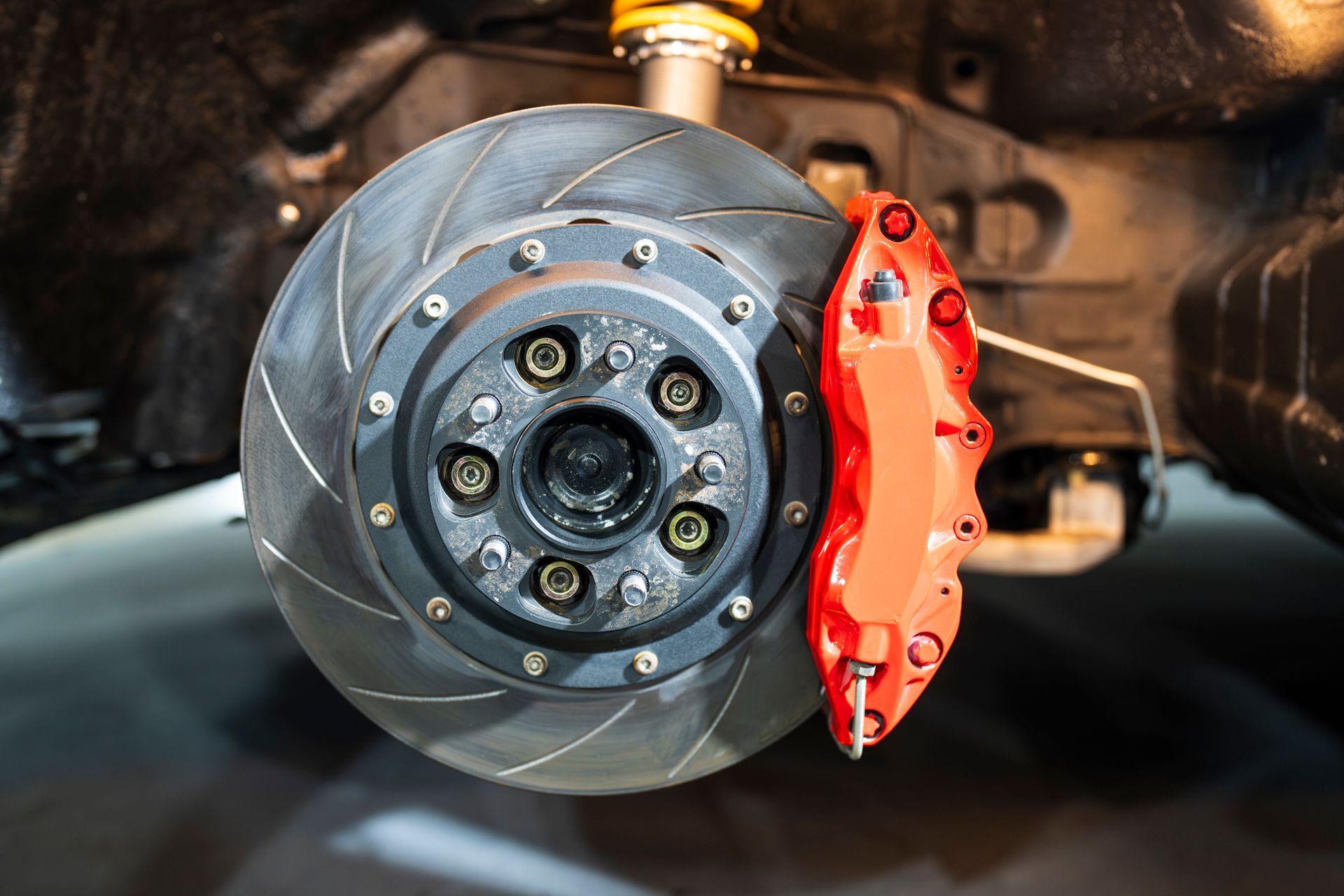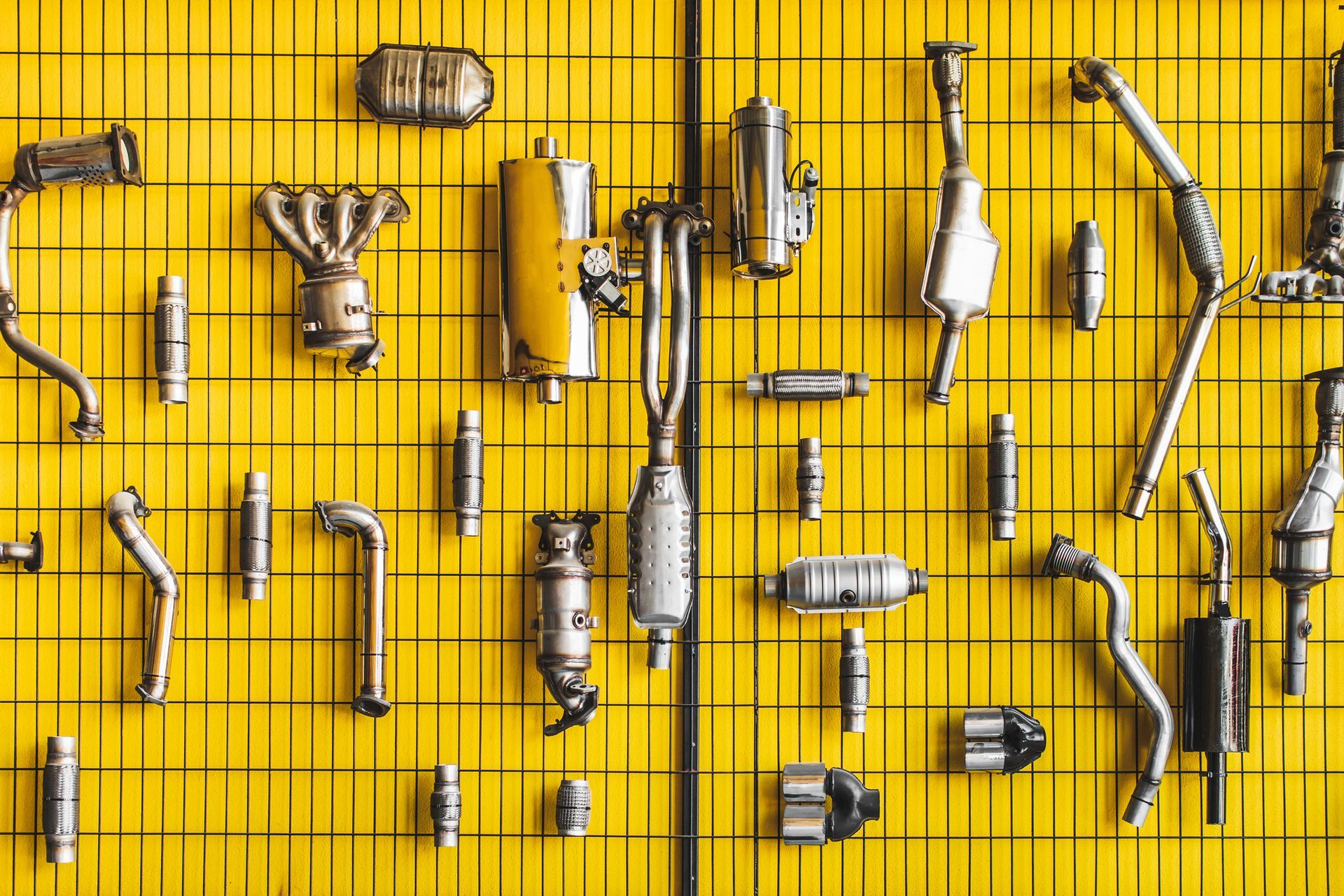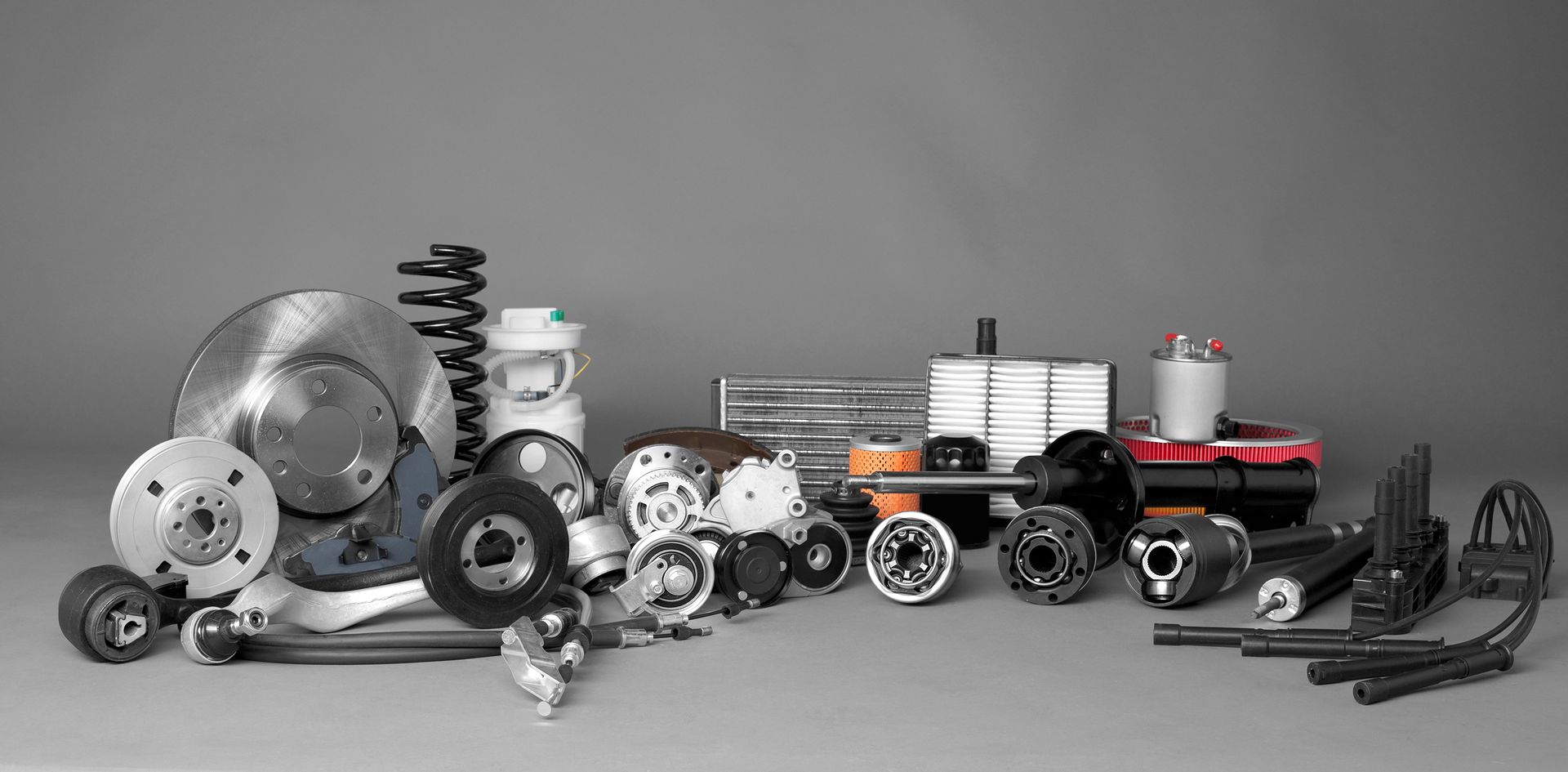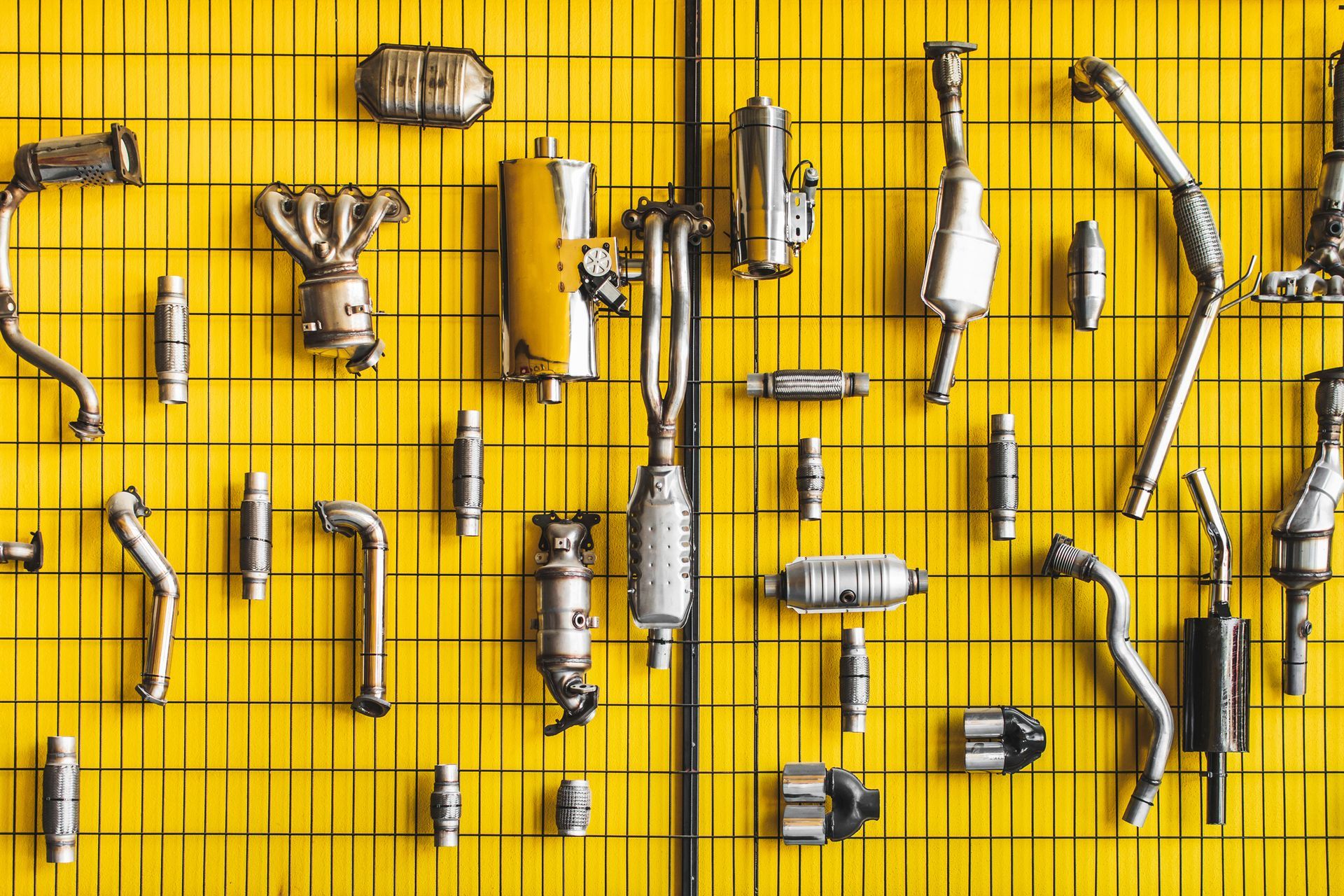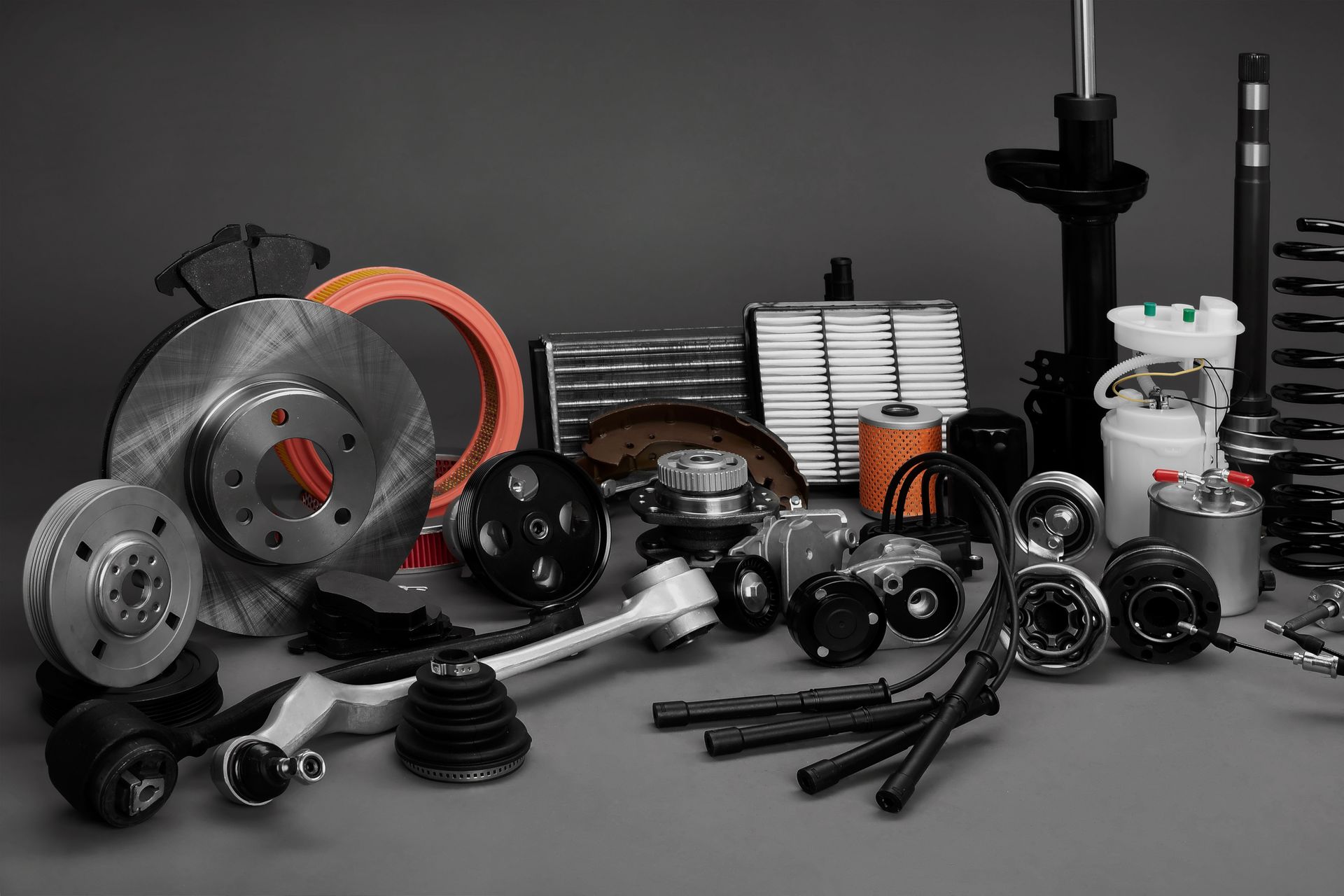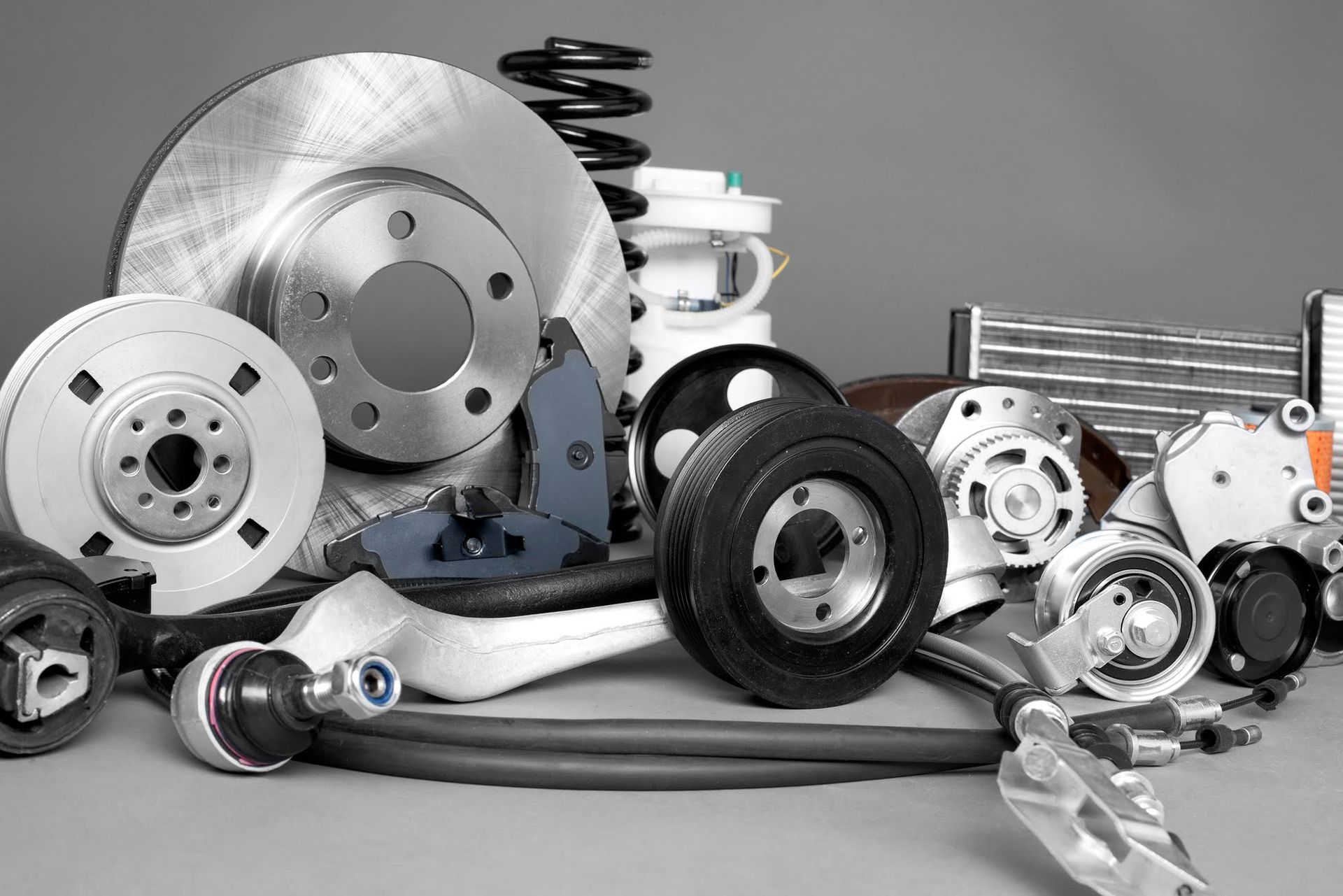What You Should Know About Car Radiators
Your vehicle has a complex ecosystem of interconnected components that play a vital role in ensuring it operates in a smooth manner. For instance, the car radiator is a critical part that is responsible for keeping the engine cool. Often overlooked until trouble arises, the radiator works to maintain the optimal temperature for your engine's performance. Explore the signs of a damaged car radiator and why a replacement is necessary for your vehicle's longevity.
Understanding How a Radiator Functions
To appreciate the urgency of replacing a damaged radiator, one must understand its primary function. A radiator circulates coolant through the engine, absorbs excess heat, and transfers it to the air outside. When the radiator system is compromised, either by leaks or corrosion, the engine's temperature regulation falters, resulting in overheating and potential engine damage. Replacing the damaged radiator can prevent your vehicle from catching fire from overheating.
Knowing the Signs of a Failing Radiator
Your car radiator may not come with a built-in alarm system, but it does exhibit warning signs when it is in trouble, such as overheating. If you notice your engine temperature gauge climbing into the danger zone or steam escaping from under the hood, it is time to pay attention. A puddle of coolant beneath your parked vehicle is a clear sign of a radiator leak. A bad radiator can lead to severe engine damage.
Determining When to Replace the Radiator
When faced with a damaged radiator, some vehicle owners may be tempted to delay replacement in order to save money. However, this decision can prove to be a costly mistake in the long run. Temporary fixes, such as radiator sealant may provide a brief fix, but do not address the root cause of the problem. In contrast, investing in a new radiator ensures a reliable and long-term solution, preventing further damage to your engine.
Upgrading Your Radiator for Efficiency
Modern radiators often come equipped with innovative features that are designed to enhance cooling efficiency. Some radiators feature improved materials for better heat dissipation, while others incorporate advanced designs for increased surface area. Upgrading to a newer, more efficient radiator can result in improved engine performance, reduced fuel consumption, and a longer lifespan for your vehicle. When shopping for a new radiator, be sure to choose the one that has the most benefits.
Choosing Professional Radiator Installation
While car enthusiasts may be inclined to install their own radiator, the task requires a certain level of expertise. Ensuring a proper fit, connecting hoses correctly, and eliminating air pockets in the cooling system are crucial tasks that can be challenging for those without experience. Professional mechanics possess the knowledge and tools to execute a seamless radiator replacement. Purchase a new radiator, and find the most ideal mechanic to install it on your behalf.
Recycling Your Old Radiator
Old radiators, often composed of metal and plastic components, can have a significant impact on the environment if not disposed of properly. Recycling your old radiator is not just an eco-friendly choice, but also a responsible one. Many auto parts recycling centers accept old radiators, ensuring that the materials are reused or disposed of in an environmentally friendly manner. By opting for recycling, you contribute to the sustainable management of automotive waste.
Whether it is addressing warning signals, comprehending the radiator's functionality, or making informed choices regarding replacement, prioritizing your radiator's well-being ensures a longer journey for your vehicle. Give your vehicle the attention it deserves by investing in a new radiator before additional problems develop. Contact us to find out if we have a radiator that is compatible with the make and model of your vehicle.



